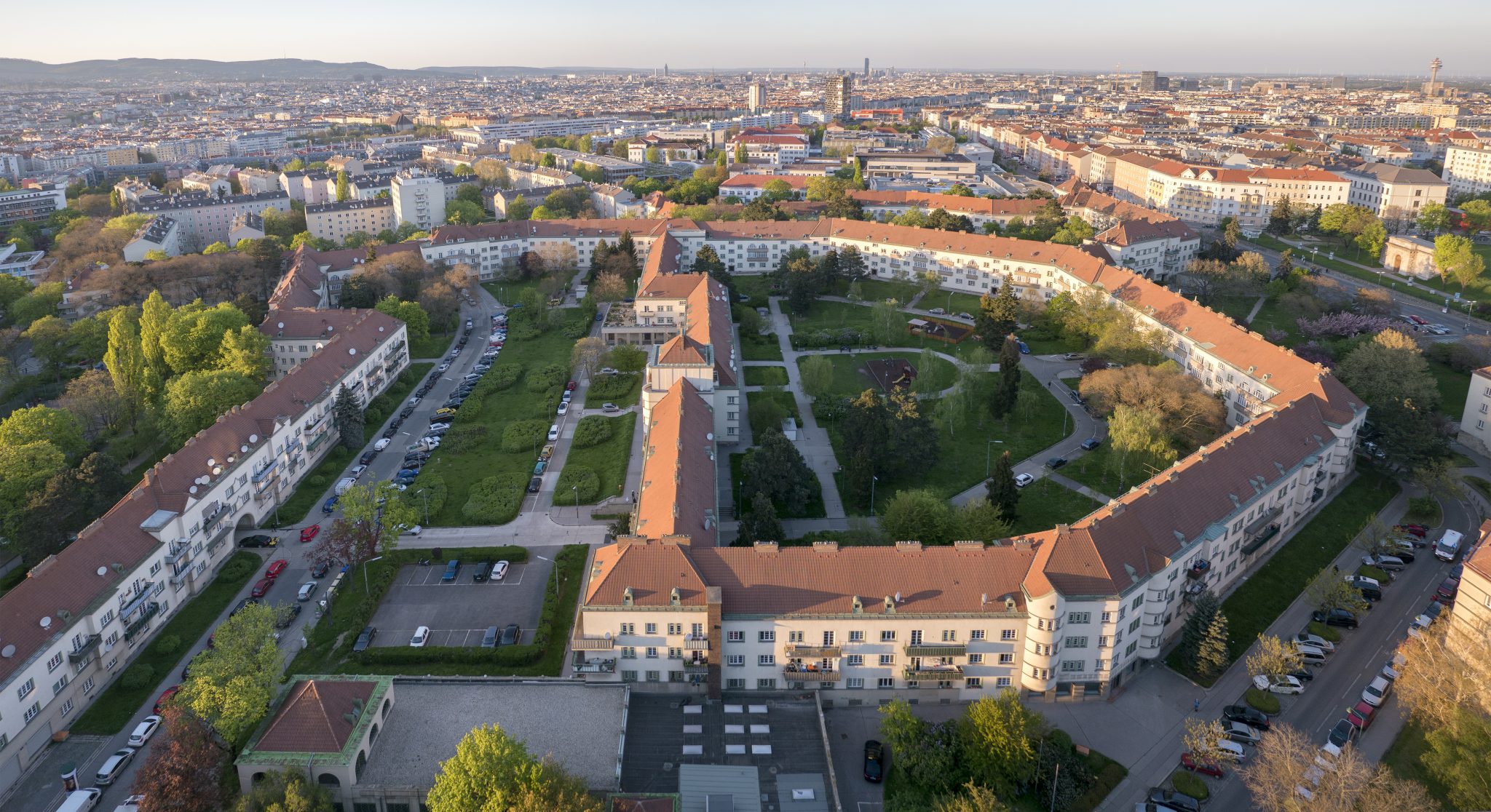Britain’s housing crisis is deepening and there’s been many suggested game-changers to break the impasse and finally get the market functioning in a more sustainable way. From a Competition Commission Inquiry to modular homes, there’s no shortage of ideas. But arguably there’s something more fundamental we should be considering if we’re ever going to turn snail-like progress into an urgent national conviction.
And that’s changing the way we talk about social housing.
If we take the argument of linguist Benjamin Lee Whorf that language shapes the way we think and determines what we can think about, it’s easy to understand why Britain suffers from such a lack of ambition on social housing. We’re constrained by a suffocatingly dry lexicon of industry speak and narrow-minded prejudice that’s not only completely removed from people’s needs but insultingly wrong.
Developers routinely refer to the roofs they put over people’s heads as ‘units’ instead of homes and this remoteness sets the tone. The places where people live are often called ‘sink estates’. Then there’s the glossary of insulting stereotypes about social housing tenants. ‘Unemployed’, ‘lazy’ and ‘scroungers’ are just some of the wholly inappropriate put downs.
It all adds up to a negative picture that’s massively at odds with how social housing is viewed in other countries. In Vienna, for example, which has been voted the world’s most liveable city for the second year running, some 62 per cent of the population, including a broad middle class, live in social housing.
While overcrowding, poor design and a failure to meet the Decent Homes Standard are key characteristics of social housing in the UK, ambitions are set much higher across Europe. From the Herold Housing Project in Paris to Mirador and Carabanchel social housing in Madrid, aspiration is hardwired into the design. These are impressive, futuristic projects with green roof elements, solar powered heating systems, environmentally sound climate control and a communal plaza.
Behind their success is a language that speaks of housing as a human right not a commodity. At Social we’re proud to be working with George Clarke on his Council House Scandal campaign and we agree with him that until those in power understand how transformative a good, affordable and decent home can be for people then we’ll never solve the housing crisis.
But fostering that understanding is going to require a change in way we think. And attitudes won’t shift until the language around social housing begins to connect with a richer narrative around dignity, stability and opportunity. We need to stop stigmatising and start raising the ante so social housing means something much bigger than it currently represents.
Next month will see thousands of investors gather at MIPIM, the world’s leading real estate market event in France. Encouragingly, the theme for this year’s event is the future is human. There’s never been a more important time for the UK property industry to reflect on this.
“The future of our industry is about people and their quality of life,” argues the show’s director, Ronan Vaspart.
He couldn’t be more right. But while this may seem obvious to most people, we won’t properly understand it and begin to act differently until we finally change the national conversation.


